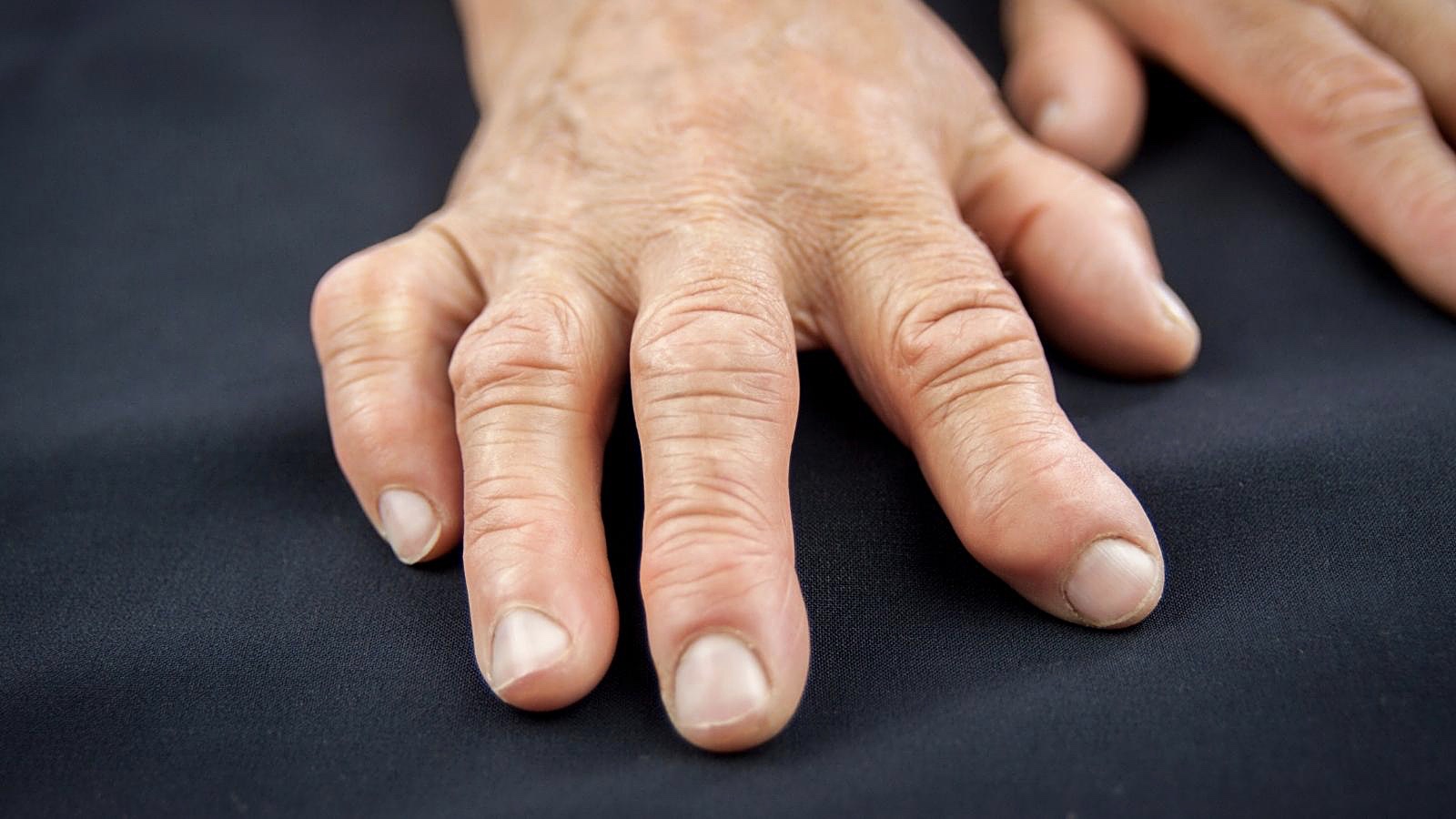As we age, more and more people experience stiffness, swelling and pain in the joints. In addition to wear and tear on the joints, inflammation can also cause the unpleasant symptoms. In the latter case, it is rheumatoid arthritis, which can lead to limited mobility if not treated properly.
Rheumatoid arthritis affects about 1-3 percent of the total population in developed countries. The autoimmune disease can develop in children and older people, but is usually diagnosed between the ages of 30 and 50. The disease is characterised by a familial pattern and is more common in women than in men.
Symptoms of rheumatoid arthritis
- tiredness, lethargy
- loss of appetite, weight loss
- morning stiffness of hands
- joint pain
- joint swelling
Rheumatoid arthritis is usually first noticed with very general symptoms - fatigue, lethargy, loss of appetite, weight loss. The specific complaints - stiffness, joint pain and swelling - develop later and are characterised by being symmetrical, occurring on both sides of the body at the same time. In most cases, arthritis starts with inflammation of the small joints of the hand, and then other parts of the body (such as the wrist, elbow, ankle or knee) may be affected.

The reason joints become deformed is that inflammation leads to the release of proteins, which causes bones, cartilage and ligaments to thicken and joints to lose their ideal position and shape.
Predisposing factors for rheumatoid arthritis
The cause of the disease is still unknown (some research suggests that a viral or bacterial infection may trigger the inflammatory process), but there is evidence that a number of risk factors may play a role:
- Female gender - Women are two to three times more likely to develop the disease than men.
- Age - The likelihood of developing the disease increases with age (especially between 20 and 50 years).
- Genes - The development of the disease runs in families, but inherited genes do not necessarily trigger inflammation.
- Smoking - Prolonged smoking can also contribute to the development and worsening of rheumatoid arthritis.
Treatment of rheumatoid arthritis
Permanent deformity of the affected body parts can only be prevented by timely treatment. Ideally, if the patient responds well, non-steroid anti-inflammatory drugs may be an option, otherwise steroid drugs, base therapy or biological therapy may be considered, with tapping or physiotherapy as an additional treatment (surgery may only be necessary in severe cases).

The disease is not completely curable - treatment should be continued even if there are no symptoms - but it can be managed well with the right therapy. This is the only way to avoid serious deterioration and disability.
Are you experiencing the symptoms mentioned above? Consult a specialist!
At the UDyouMED Patient Care Centre, you can receive care covering the full spectrum of rheumatology, in line with the expectations of the times - with a particular focus on the treatment of inflammatory-autoimmune joint diseases.
In line with European standards, state-of-the-art treatments are available, including biological therapy for targeted immunotherapy, as well as isotope joint treatment, physiotherapy and physical therapy.